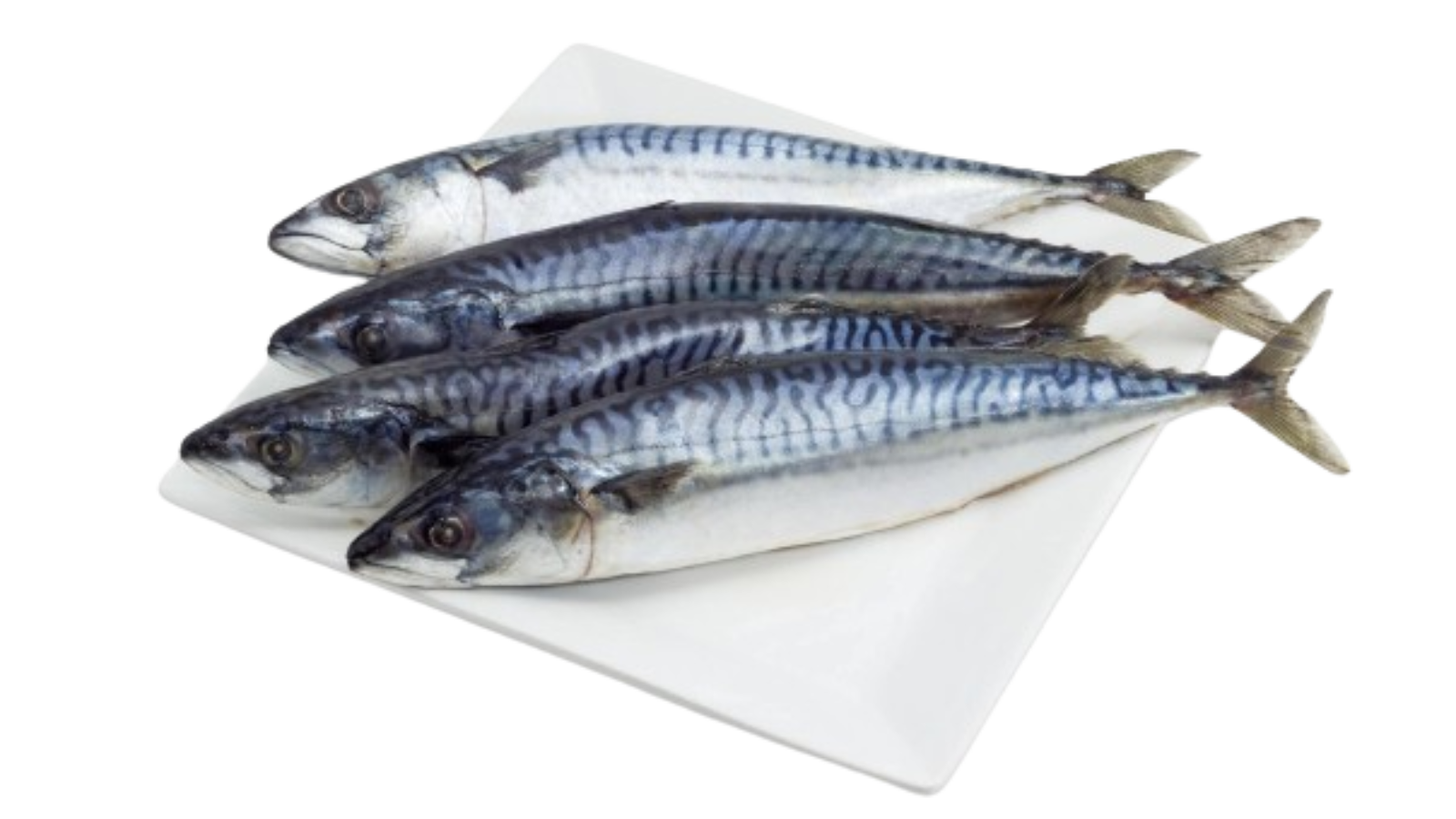Introduction
In recent years, the culinary world has witnessed a resurgence of interest in seafood, with consumers seeking not only delicious flavors but also healthful options. Among the diverse array of fish available, mackerel stands out as a nutritional powerhouse. Packed with essential nutrients and offering numerous health benefits, mackerel has emerged as a popular choice for health-conscious consumers and a promising opportunity for businesses in the seafood industry.
Health Benefits of Mackerel
-
Rich Source of Omega-3 Fatty Acids: Mackerel is renowned for its high omega-3 fatty acid content, particularly eicosapentaenoic acid (EPA) and docosahexaenoic acid (DHA). These fatty acids play crucial roles in cardiovascular health, reducing inflammation, and supporting brain function.
-
Heart Health: Regular consumption of mackerel has been linked to a decreased risk of heart disease. Omega-3 fatty acids help lower levels of triglycerides, reduce blood pressure, and prevent the formation of blood clots, promoting overall cardiovascular health.
-
Brain Function: DHA, a type of omega-3 fatty acid found abundantly in mackerel, is essential for brain development and cognitive function. Incorporating mackerel into your diet may help improve memory, concentration, and overall brain health, making it an ideal choice for individuals of all ages.
-
Rich in Protein: Mackerel is an excellent source of high-quality protein, containing all the essential amino acids required by the body. Protein is essential for muscle repair and growth, as well as supporting immune function and maintaining healthy skin, hair, and nails.
-
Vitamin D: Mackerel is one of the few food sources naturally rich in vitamin D, a nutrient crucial for bone health, immune function, and mood regulation. Adequate vitamin D intake is especially important for individuals living in regions with limited sunlight exposure.
Latest Trends
In recent years, several trends have emerged regarding the consumption of mackerel and other seafood:
-
Rise in Demand for Sustainable Seafood: With increasing awareness of environmental issues and concerns about overfishing, consumers are gravitating towards sustainably sourced seafood options. Mackerel, with its abundant populations and relatively low environmental impact, aligns well with this trend.
-
Focus on Health and Wellness: The growing emphasis on health and wellness has led consumers to seek out nutrient-dense foods like mackerel. As more people prioritize nutrition and longevity, the demand for seafood rich in omega-3 fatty acids and other beneficial nutrients continues to rise.
-
Innovative Culinary Applications: Chefs and food enthusiasts are exploring creative ways to incorporate mackerel into diverse culinary creations. From sushi and ceviche to grilled fillets and smoked mackerel pâté, the versatility of mackerel lends itself well to a wide range of dishes, appealing to adventurous eaters and traditional seafood lovers alike.
Impact on Consumers and Businesses
The growing popularity of mackerel and the broader trends in seafood consumption have significant implications for both consumers and businesses:
-
Healthier Lifestyle Choices: Consumers who incorporate mackerel into their diets can enjoy a wide range of health benefits, including improved heart health, cognitive function, and overall well-being. As awareness of these benefits spreads, more individuals are likely to embrace mackerel as a staple in their diets, contributing to healthier lifestyle choices.
-
Market Opportunities: Businesses in the seafood industry have a unique opportunity to capitalize on the increasing demand for mackerel and other nutrient-rich seafood options. By promoting sustainable fishing practices, highlighting the health benefits of mackerel, and offering innovative culinary experiences, seafood retailers, restaurants, and suppliers can attract a growing customer base and drive sales.
-
Environmental Sustainability: As consumers become more discerning about the environmental impact of their food choices, businesses that prioritize sustainability in their sourcing and operations stand to gain a competitive advantage. By ensuring responsible fishing practices and transparent supply chains, seafood businesses can appeal to eco-conscious consumers and contribute to the long-term health of marine ecosystems.
Conclusion
Mackerel stands out as a nutritional powerhouse, offering a plethora of health benefits and culinary possibilities. As consumers increasingly prioritize health, sustainability, and culinary innovation, mackerel is well-positioned to become a staple in diets around the world, presenting exciting opportunities for both consumers and businesses in the seafood industry. By embracing these trends and harnessing the potential of mackerel, we can nourish our bodies, support sustainable food systems, and enjoy delicious seafood dishes for years to come.

 Cart is empty
Cart is empty 
What an eye-opening article! I had no idea mackerel was so versatile in the kitchen. From sushi to grilled fillets, the possibilities seem endless. I’m inspired to get creative with my cooking and explore some new mackerel recipes. Thanks for the inspiration!
I’ve been struggling with memory and concentration lately, so the fact that mackerel can help improve brain function is music to my ears! It’s amazing how food can have such a profound impact on our health. Can’t wait to pick up some fresh mackerel and get cooking!
Thank you engaging
As someone who’s always looking for ways to eat more sustainably, I’m thrilled to learn about the environmental benefits of mackerel. It’s reassuring to know that I can enjoy delicious seafood while also supporting responsible fishing practices. Kudos to the seafood industry for prioritizing sustainability!